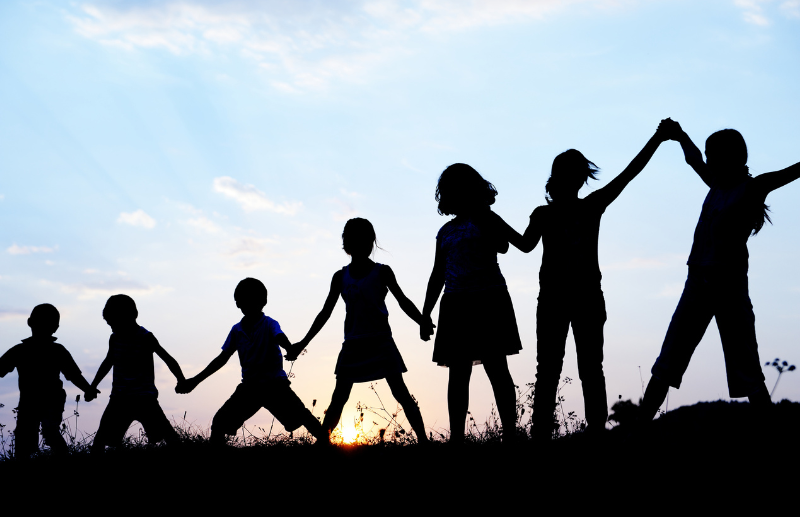
Being a young person can be tough. Sometimes it can feel like you don’t have a say about things that affect you. But you do! Having a say is one of your rights. Understanding your rights will give you the power to stand up for yourself and the people around you. So, let’s break down what children’s rights are.
My rights as a young person
What is a right?
Human rights are special protections that help us live a happy, healthy life. Human rights protect the things that we should all have—like clean water and safety. Your rights should always be respected and never taken away from you.
Universal and equal rights
Human rights are universal and equal. Which means:
- Everyone has human rights, simply because they are human—no matter who they are, how they identify, or what language they speak, or if they have a disability.
- No right is more important than another—all rights are important and should be treated with the same respect.

Did you know there are 42 rights just for children?
Children have special rights to meet their special needs. They are written down in an agreement made by world leaders in 1989—the United Nations Convention on the Rights of the Child.
